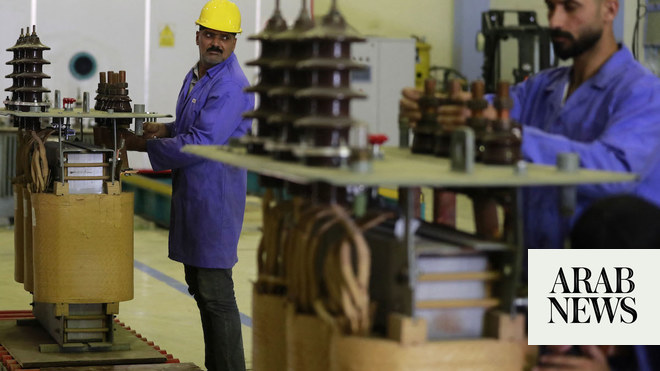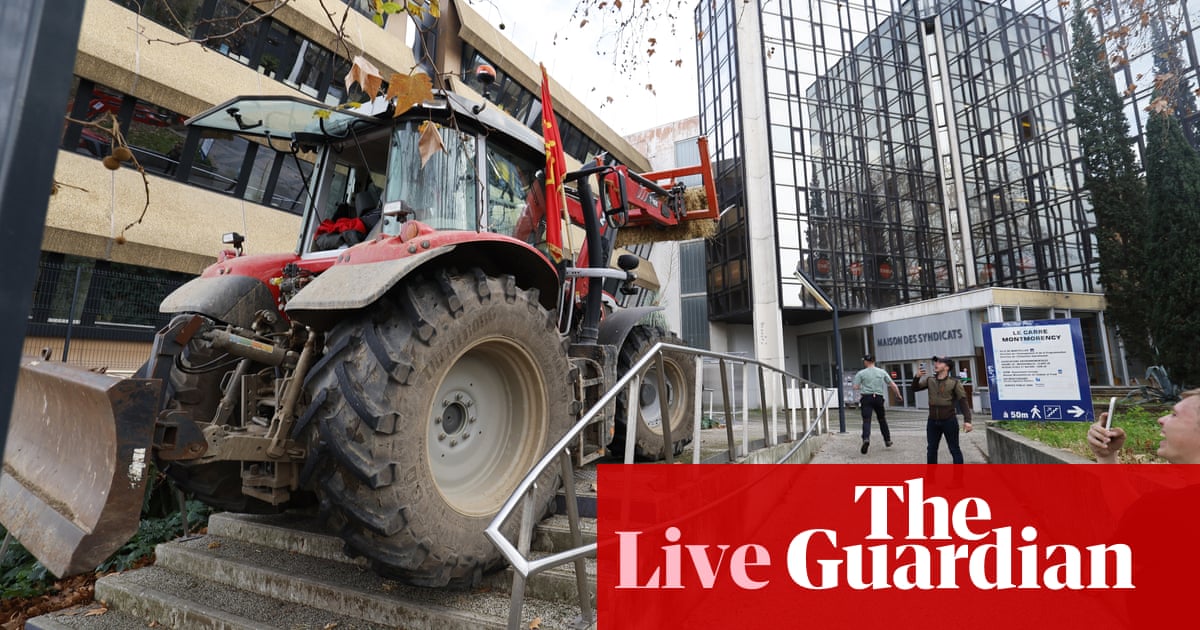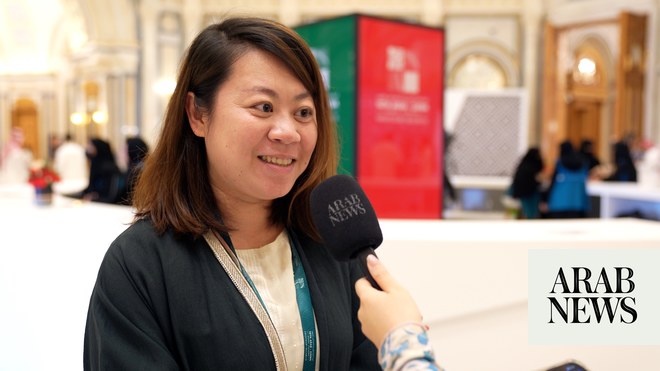
After months of political deadlock, intense protests and a growing economic crisis, Iraq finally has a new prime minister. Mustafa Al-Kadhimi is a Shiite political figure who previously led the Iraqi National Intelligence Service for almost four years.
The appointment of the 53-year-old, a former journalist who is considered to be a pragmatist, seems to have been welcomed across the region. Following the confirmation of his position he was congratulated by wide range of actors in the region, including Turkey, Saudi Arabia, Kuwait, Iran and Jordan.
On May 9, two days after he officially took office, Al-Kadhimi met Turkey’s ambassador to Baghdad, Fatih Yildiz, and told him he wants to enhance bilateral relations in all fields, according to a statement issued by the prime minister’s office. Two areas of cooperation in particular were highlighted by the new premier: The economy and the fight against terrorism.
Turkey from the beginning expressed support for Iraq’s efforts to form a stable government under Al-Kadhimi. In April, Hami Aksoy, a spokesman for the Turkish Foreign Ministry, stressed Ankara’s position by stating: “We support the formation of a stable government in our brotherly neighbor Iraq, particularly at a time when the whole world is facing dire difficulties.”
The diplomat also praised President Barham Salih’s decision to nominate Al-Kadhimi for prime minister, saying: “As one who is well familiar with our region, he will serve for the benefit of both Iraq and our region.”
Amid great geopolitical uncertainty, diminishing US influence in the region, the fall in oil prices and the ongoing conflicts in Syria, Yemen and Libya, an unstable Iraq is the last thing Turkey needs on its doorstep.
As a neighboring country, Turkey attaches a great deal of importance to Iraq’s stability and territorial integrity, matters it views as vital to its own security and stability. Ankara became more active in Iraqi affairs following the US invasion in 2003, which marked a watershed moment for Iraq and the region. The consequences of the invasion were not only a milestone in the politics of the country, but also in Turkey’s regional policies.
Saddam Hussein was perceived as a difficult neighbor, with whom Turkey nevertheless managed to coexist for more than three decades. However, more than at any other time in the nation’s history, the post-invasion era posed some disquieting challenges for Turkey.
There are several driving forces motivating Ankara’s enthusiasm for closer ties with Iraq.
Sinem Cengiz
Despite the close ties that had been built between the two neighboring countries, the relationship hit rock bottom during the tenure of Iran-backed former Prime Minister Nouri Al-Maliki as a result of his sectarian politics. In particular, Al-Maliki tested the limits of Ankara while the latter was trying to tread a fine line between the Sunni, Shiite and Kurdish factions in the politically-fragile country.
Al-Maliki’s premiership, from 2006 to 2014, was a time of missed opportunities for Baghdad and Ankara. After his resignation, progress in rebuilding relations was gradually made with his successors. In the post-Al-Maliki era, Turkey is attempting to keep the relationship on track, with a sole focus on issues of cooperation rather than contention.
There are several driving forces motivating Ankara’s enthusiasm for closer ties with Iraq. First and foremost is security. From the Turkish perspective, the main focus is to rid the nation of the outlawed Kurdistan Workers’ Party (PKK), particularly in the north where they plan cross-border terrorist attacks against Turkey.
From a more general security perspective, both Ankara and Baghdad seek greater cooperation in the post-Daesh Middle East. A multi-dimensional approach to intelligence and military cooperation are essential elements for a secure environment in which to achieve this.
Ankara has pledged a $5 billion loan to Baghdad for reconstruction as a strategy to increase its influence in post-Daesh Iraq. The two states are on the same page about the formation of an independent Kurdish state: They both reject the idea.
In terms of economics and energy, Iraq is one of Turkey’s most important trading partners and an essential source of energy. Since the ruling party came to power in Turkey in 2002, the economy has been the main driver of a shift in foreign policy toward regional relationships. The economy and identity are equally influential in the determination of Turkey’s foreign policy.
Despite the economic problems in both countries, Iraq still represents to Turkey a large market for consumption and investment. From Baghdad’s perspective, Turkey is an important partner to help rebuild the economy and maintain a stable route for exports.
In a nutshell, Iraq is of great geostrategic importance to Turkey as, amid the chaos in the region, Ankara seeks to make more friends and fewer foes.
With some issues still to be resolved — such as energy and water security, particularly at a time when Turkey has announced the huge Ilısu dam on the Tigris is about to start generating power — time will tell how the relationship between Turkey and Iraq will evolve, with economic and security interests driving the political cooperation.
• Sinem Cengiz is a Turkish political analyst who specializes in Turkey’s relations with the Middle East.
Twitter: @SinemCngz
Disclaimer: Views expressed by writers in this section are their own and do not necessarily reflect Arab News" point-of-view












